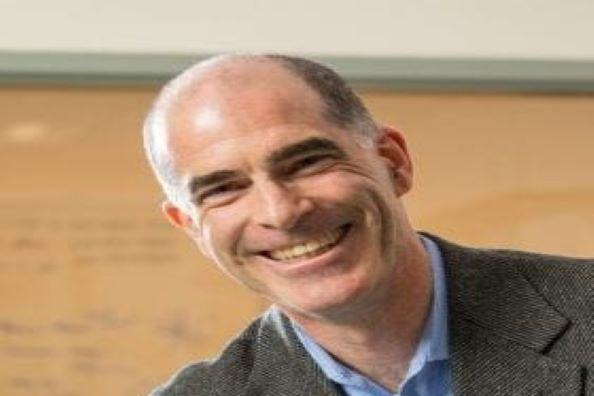September 22, 2021
12:00 pm to 1:00 pm
Event sponsored by:
Mechanical Engineering and Materials Science (MEMS)
Biomedical Engineering (BME)
Civil and Environmental Engineering (CEE)
Electrical and Computer Engineering (ECE)
University Program in Materials Science and Engineering (MatSci)
Contact:
Cathy Tate
Speaker:
Distinguished Professor Philip Bayly
MEMS Fall 2021 Seminar Series Presents Distinguished Professor Philip Bayly of Washington University in St. Louis
Title: Instability and Oscillations in Cilia and Flagella
Hybrid Event: Location- Fitzpatrick Schiciano-B1466 ZOOM: https://duke.zoom.us/j/93538972346
Cilia and flagella are slender organelles that beat rhythmically to move fluid (in human airways, for example) or to propel cells (such as swimming algae or motile sperm). Despite their ubiquity and importance, the mechanism that produces the autonomous, propulsive oscillations of cilia and flagella remains mysterious. The common cytoskeletal structure of these organelles is the "9+2" axoneme, which comprises nine outer doublet microtubules and a central pair of micro tubules, all connected by radial spokes and circumferential links. Motion is driven by molecules of the motor protein dynein, which form cross-bridges between pairs of micro-tubule doublets, exerting active forces on each doublet. Since dynein activity on opposite sides of the axoneme produces opposing (antagonistic) bending moments, it is widely believed that dynein activity must be dynamically regulated (switched or modulated) to produce oscillatory waveforms. This concept has been explored in a number of theoretical studies.
MEMS Seminars